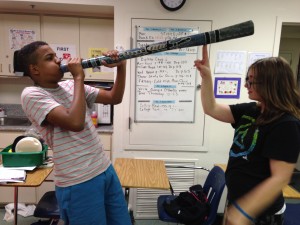On Tuesday, the explosion of an unmanned rocket loaded with supplies for the International Space Station was a blow not only to the company that launched it, but also to the 18 students whose experiments had been chosen to be part of the payload. The experiments were designed to answer important, and in some cases far-reaching, questions about the possibilities of life in a reduced gravity environment. Some students wanted to know how muscle tone would be affected by microgravity, and so how astronauts who might spend long periods of time in space over large distances would remain fit and healthy. Others were concerned about the germination rate and quality of seeds in a reduced gravity situation, and so about the ability of humans to sustain themselves, to grow their own food in space. Still others wondered about the growth of mushrooms used on earth in research to combat cancer cells. Would such mushrooms flourish in space, and would their efficacy be as it is here on earth?
What is significant about such student questions and experiments is that they are an attempt to see into the future, in some cases deep into the future, and grapple with some of the practical issues that humans will face as they travel ever larger distances into space. But how do we prepare our students to ask such important questions, to prepare them for a world that we can only imagine? Consider that the students who graduate this year will be in their 50s and 60s in 2060 and 2070! How do we prepare them for that world when it is almost impossible to project out 5 years, when it is only possible to predict with probability what the weather will be like 10 days out! What becomes increasingly important is that students learn how to ask the right questions, that they learn how to be independent thinkers, that they learn to collaborate, to analyze, to research, and that they are unafraid to try, and to fail while trying. At Village Glen, we encourage such experiential learning, such fearless pondering, and such collaborative efforts; we encourage students to explore concepts and theories, and to project beyond them. We encourage the ‘what if’ that hypothesis and experiment are born of, and that is the fuel of progress.

